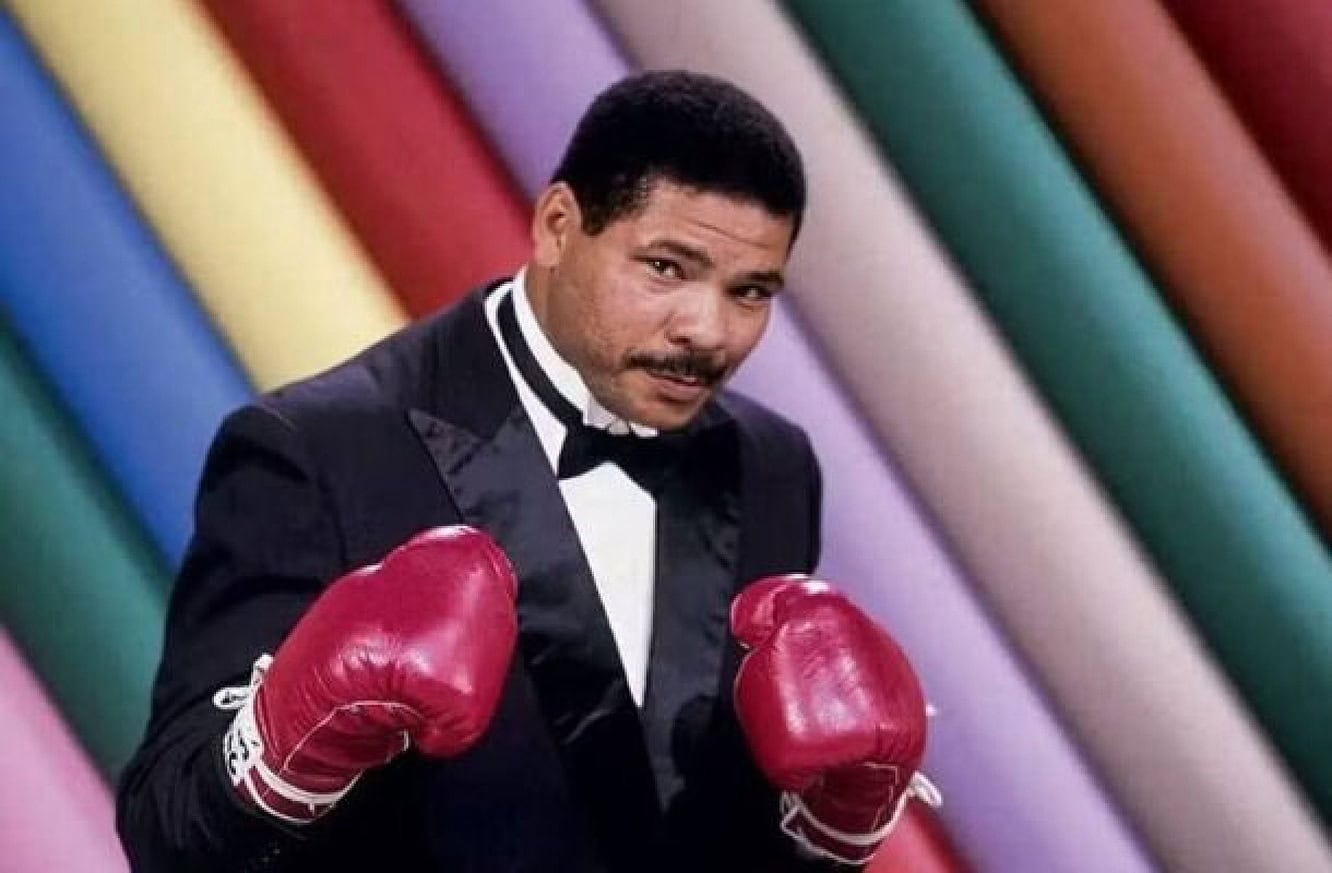Former Brazilian boxer José Adilson Maguila died at the age of 66, on Thursday (24). The top heavyweight and one of the heaviest right-handers in Brazilian boxing suffered from chronic traumatic encephalopathy, also known as pugilistic dementia, diagnosed in 2013.
Maguila was born on July 11, 1958, in Aracaju, State of Sergipe. In the 17 years he fought, he had a record of 85 fights, 77 wins (61 by knockout), seven losses and one technical draw. With his charismatic manner and his folkloric interviews, he captivated the public. Among the most special fights of his career were the confrontations with names like Evander Holyfield and George Foreman.
His interest in boxing began in Aracaju, when he watched Éder Jofre fight and, in particular, Muhammad Ali. In a house full of brothers, Maguila would watch his idol’s fights on a black and white TV at a neighbor’s house. Years later, he became heavyweight champion, in the same category as Ali.
“I became interested in boxing because I was always a fan of Muhammad Ali. He said: I’m going to fight boxing. I really liked him. When I started watching, we didn’t even have a TV at home – he told to a Brazilian TV in 2015.
He started training in 1979, and his first fight came two years later, in 1981. It was at “Forja de Campeões”, the biggest boxing event in Brazil, which has been taking place since 1941.
Outside the ring, in 2009, he released the album “Vida de Campeão”, with the song that gives the album its name, written by him, and the recording of famous sambas. He also did some work on TV, including one as an economic commentator.
A samba fan, Maguila was honored by becoming the theme song of the samba school “Me Chama Que Eu Vou”, in the 2021 virtual parade.
In 2013, he was diagnosed with chronic traumatic encephalopathy. It is an irreversible neurodegenerative disease caused by blows to the head. In addition to Maguila, the condition has affected other great names in the sport, such as boxer and world champion Éder Jofre and defender Bellini, who won the 1958 World Cup with Brazil.
At first, the symptoms seemed like normal forgetting of wallets and keys. Until the situations became more serious and dangerous, like when the ex-fighter left the house and became lost and disoriented.
After receiving his family’s consent, the former boxer agreed in 2018 to donate his brain for research after his death. This will be a similar move to that made by Bellini’s family. The organ will be the subject of study at the University of São Paulo. A team from the institution is analyzing the consequences of repeated impacts to the head in sports such as soccer, boxing and rugby, among others. This in-depth study is considered essential to develop preventive measures.
Source: Globo.com



